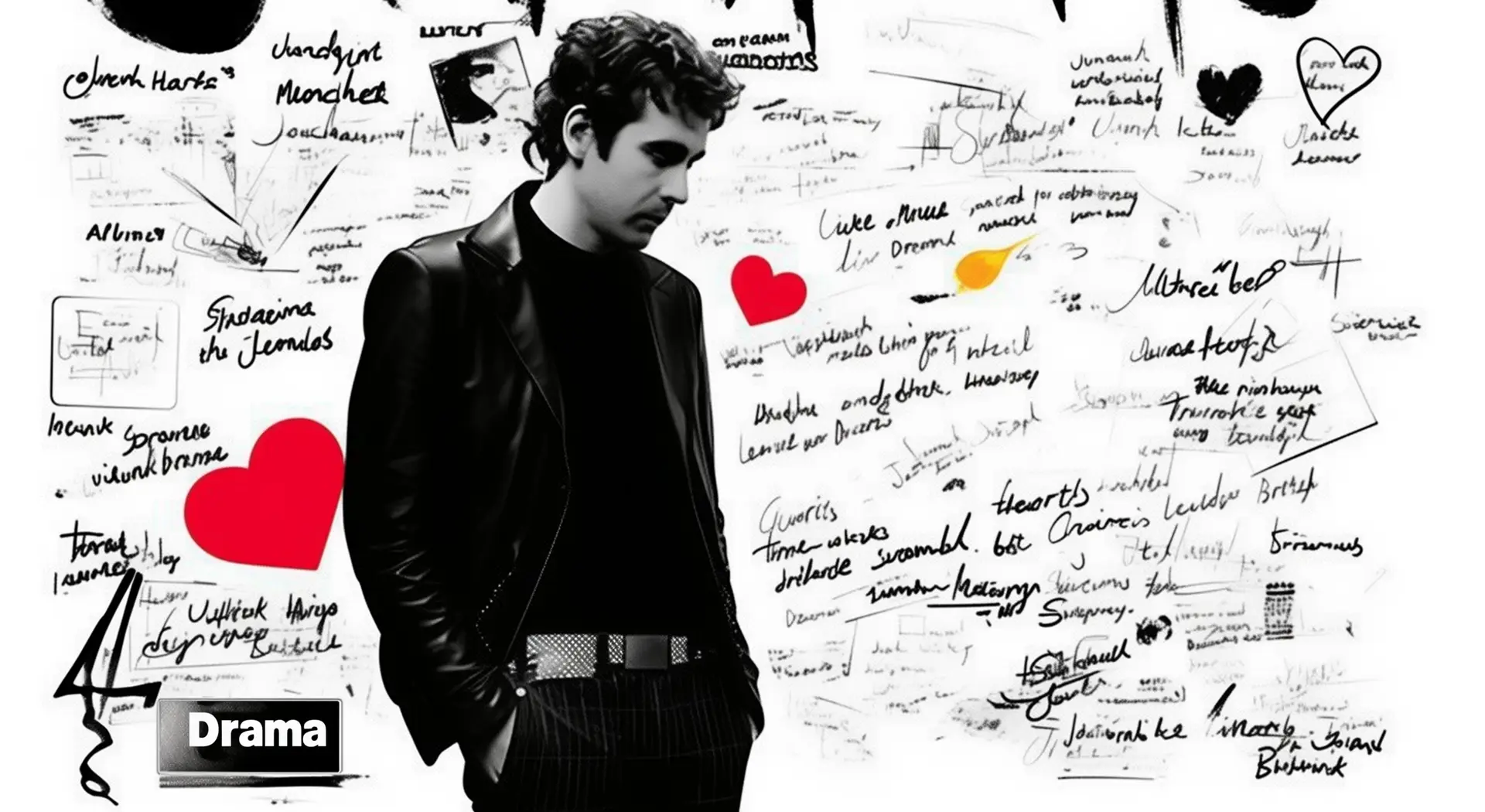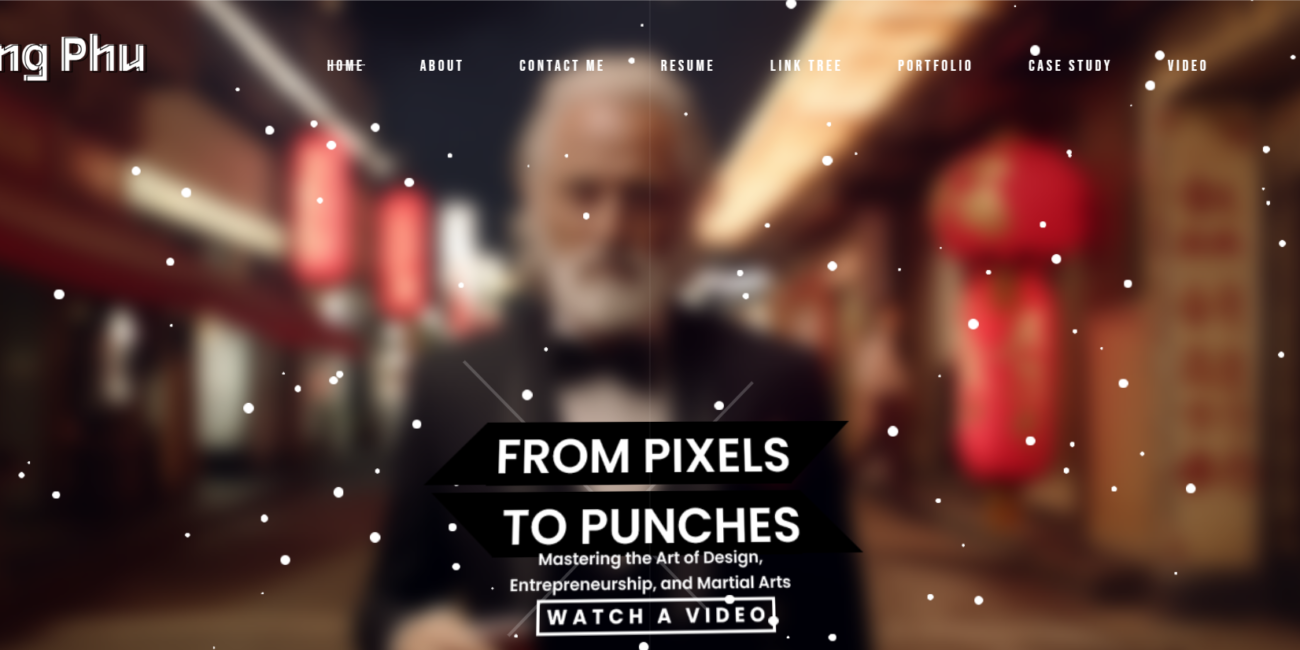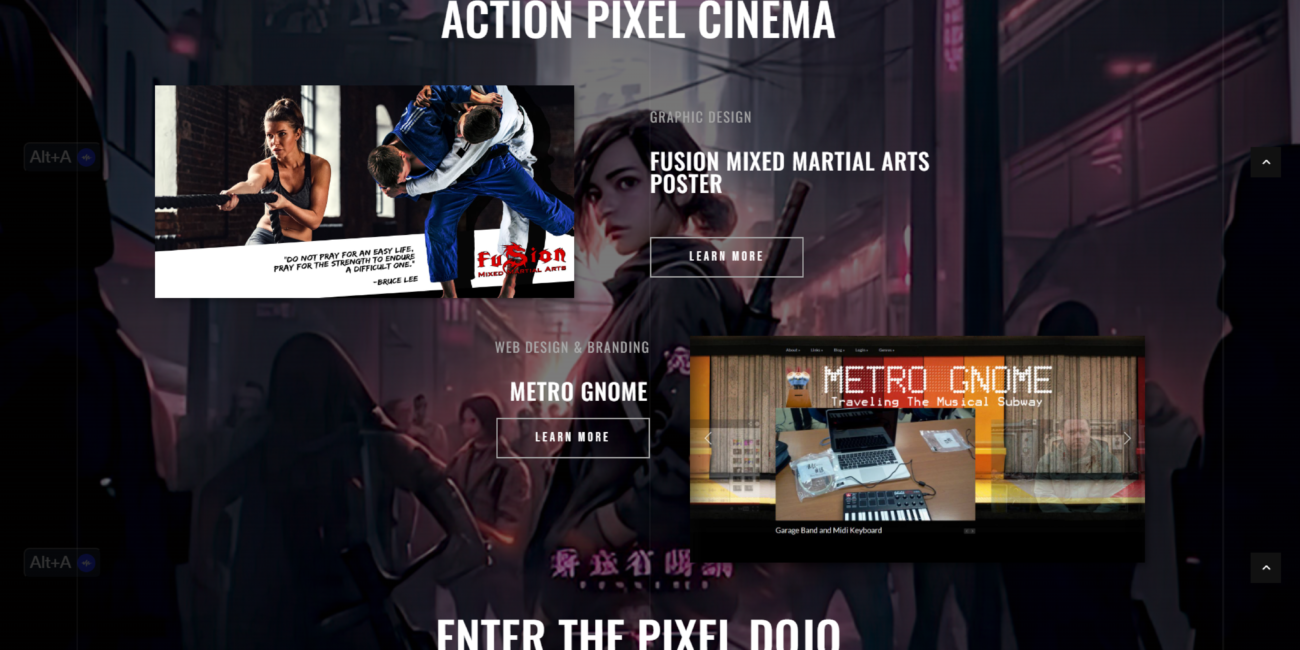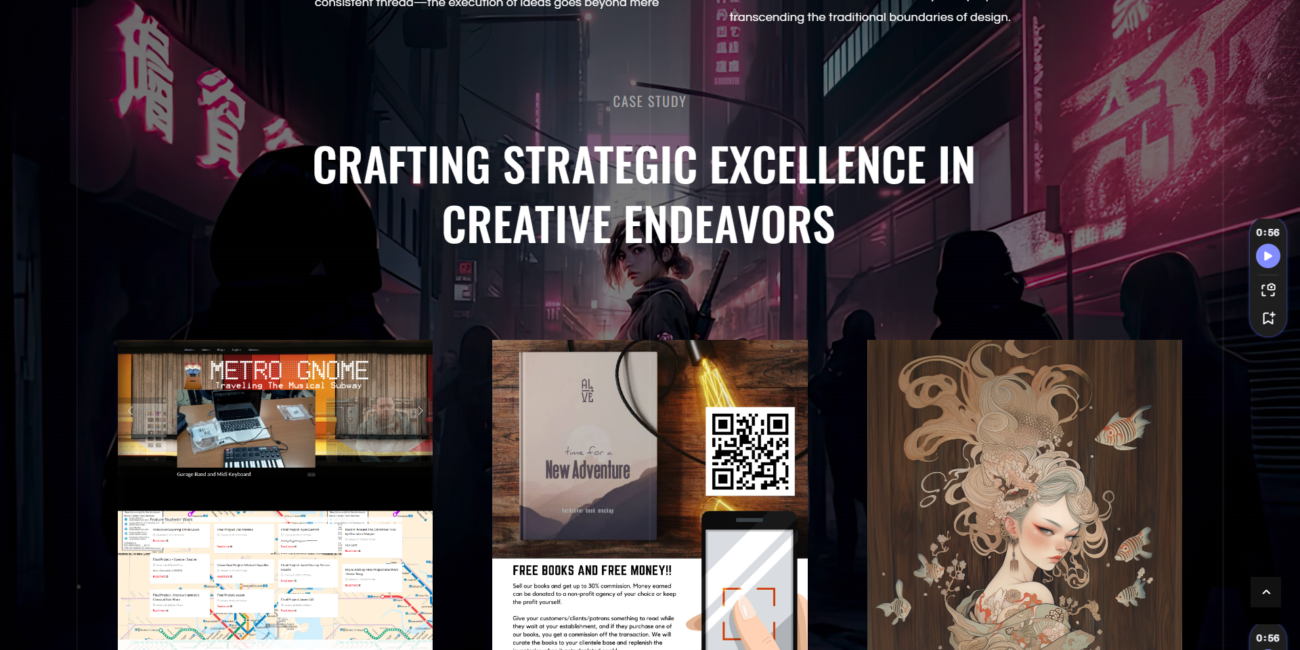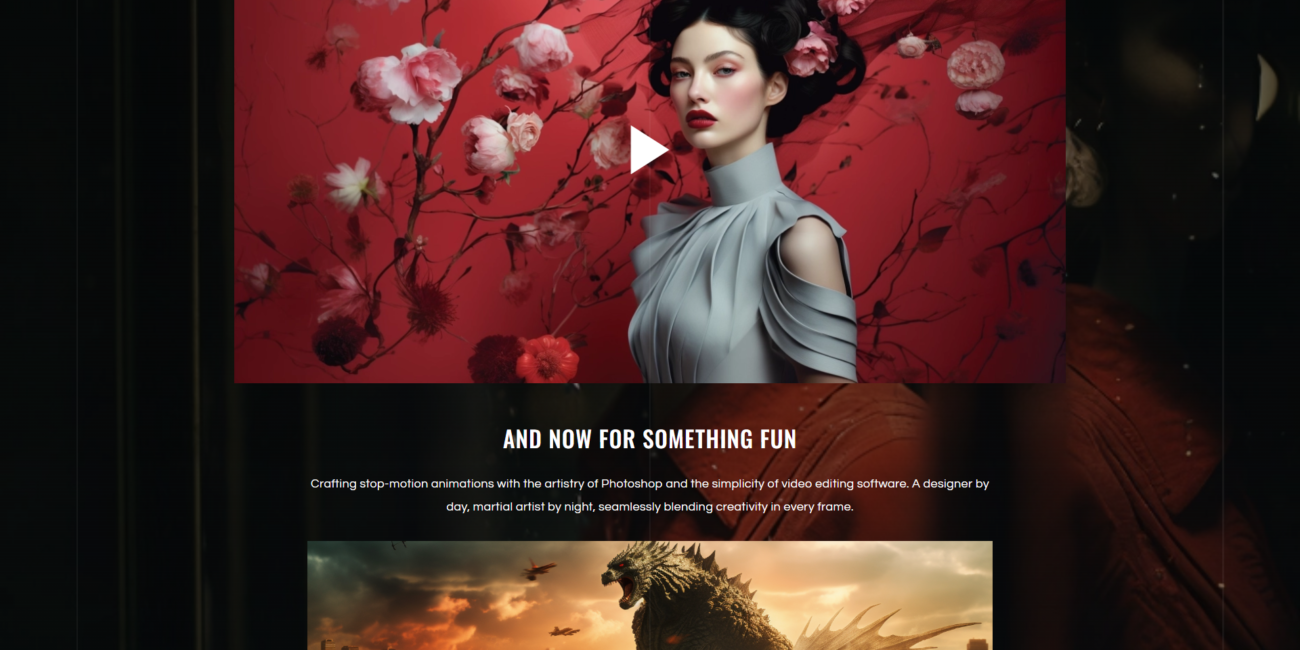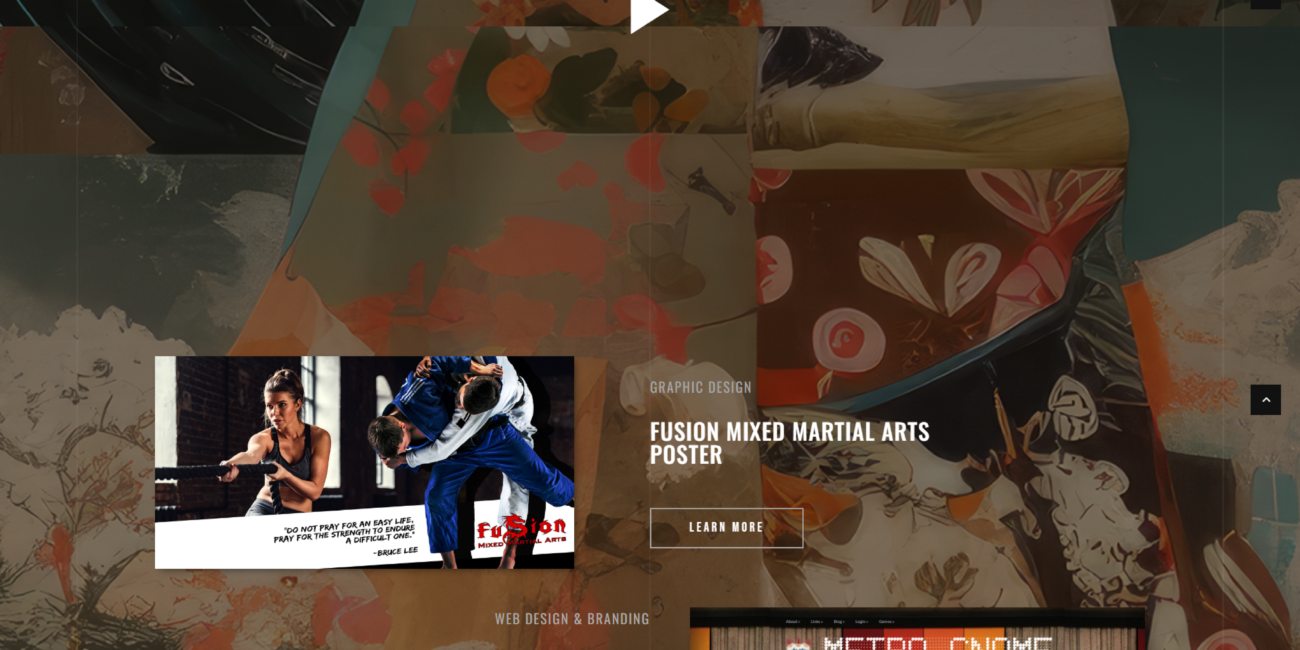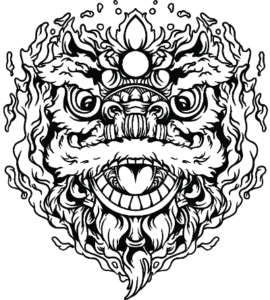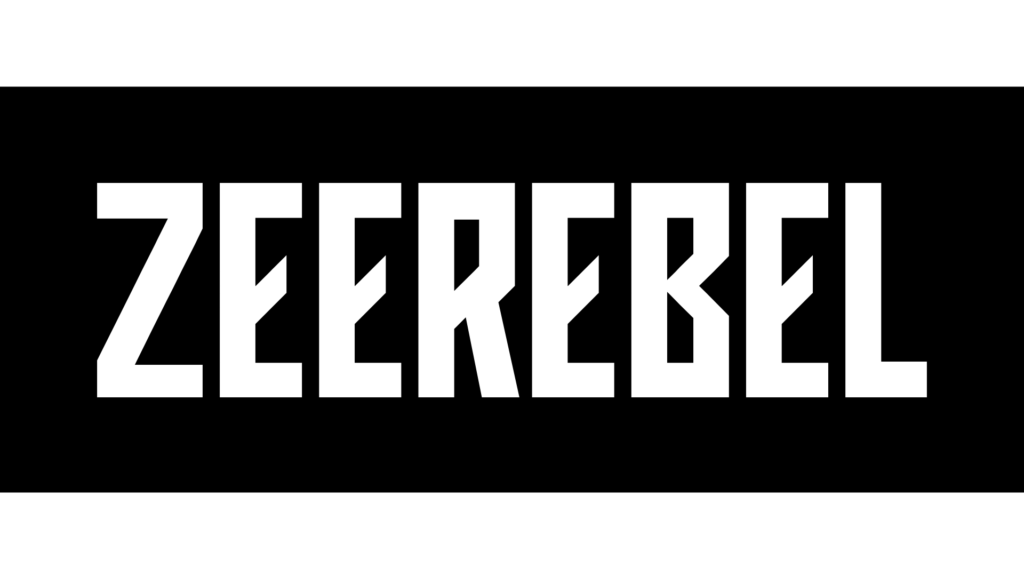Navigating relationships is inherently complex, especially when information asymmetry introduces misunderstandings and emotional distress. A healthy relationship requires transparency, mutual understanding, and alignment between actions and intentions to prevent pain and promote growth.
Navigating Relationships and Information Asymmetry: Lessons from a Personal Experience**
In recent months, I’ve had to grapple with a complicated personal experience that fundamentally changed my perspective on relationships, trust, and the importance of understanding the dynamics of information asymmetry. This article is a detailed exploration of what I went through in a recent partnership and how an imbalance in shared information led to the relationship’s unraveling. By sharing these insights, I hope to provide a guide to others navigating similar situations and offer a clearer understanding of how crucial it is to protect one’s emotional resources.
The Concept of Information Asymmetry and Its Relevance
In my recent relationship, I realized there was a major imbalance in what I knew about the other person and what she knew about herself, as well as what she chose to share with me. This concept is known as **information asymmetry**, a term made popular by economist George Akerlof. In his groundbreaking 1970 paper, The Market for “Lemons”, Akerlof explained how an imbalance of information between two parties can distort a market or relationship.
The basic idea is that when one party holds more information than the other, the less informed party is at a disadvantage. For example, in Akerlof’s study of the used car market, sellers often know more about the car’s quality than buyers. This hidden information enables sellers to exploit buyers, who unknowingly purchase “lemons” or bad-quality cars, thinking they’re getting a good deal. Over time, this dynamic destroys trust and damages the entire market as buyers lose confidence in the quality of what they’re purchasing.
In a relationship context, information asymmetry means that one person might have more knowledge—about themselves, their struggles, or even the nature of the relationship—that they choose to withhold or may not fully understand. As I experienced firsthand, when one person in a relationship holds back crucial information, it disrupts the balance of trust, leaving the other person with a distorted view. This imbalance often leads to confusion, self-doubt, and eventually, an emotional toll on the person lacking information.
The Start of the Relationship: Unseen Red Flags
Looking back, I realize there were red flags that I either missed or ignored in the beginning. When I entered into this partnership, I was dealing with my own uncertainties and challenges. I was vulnerable, feeling somewhat isolated, and eager to find connection and support. She seemed to need help and support, and I willingly stepped into that role, hoping that by giving my time, energy, and emotional investment, I could create something meaningful. Yet, unbeknownst to me, she had underlying issues that I wasn’t fully informed about.
In retrospect, I think there were aspects of her life that she either wasn’t ready to confront or couldn’t communicate to me. She often spoke about how much she appreciated my help, yet I sensed there was more going on—emotional and psychological layers that were never fully disclosed. There were conversations that felt somewhat rehearsed, as if she had practiced certain responses to keep people from digging too deeply. I now see that this imbalance in knowledge—me believing I understood the situation while she withheld parts of herself—was information asymmetry at play. It ultimately created a shaky foundation for the relationship, one that would collapse under the weight of withheld truths.
Discovering the Imbalance: My Moment of Realization
After the partnership ended, I took some time to reflect. The end of the relationship left me with many questions and feelings of self-doubt, and for a while, I wondered if I had done something wrong. As I processed everything, I realized the challenges we faced weren’t entirely due to my actions or failings. Without a clear understanding of the “rules of the game,” my efforts felt like grasping at straws.
Recently, I bumped into her again after the relationship had ended. This encounter felt different from previous ones. I felt detached, calm, and almost indifferent, and I realized this was because I now had the knowledge that I lacked during our relationship. I had finally gained a clearer understanding of her behavioral patterns and the ways her life was shaped by struggles she hadn’t been open about with me. With this new insight, I could see her behavior for what it was: a combination of unprocessed trauma and survival mechanisms that she’d developed over the years.
During our conversation, I was able to observe her without the emotional weight I once carried. This clarity allowed me to see that I had been caught in a cycle of trying to fix or support her without realizing the full extent of her issues. Armed with this knowledge, I could recognize patterns of behavior she repeated, not only with me but likely with others as well. It was a painful realization that the connection I thought we shared was built on my assumptions rather than a mutual understanding.
Emotional Vampires: Draining Resources Without Giving Back
Another critical lesson I learned was about protecting my emotional assets. In this partnership, I invested my time, resources, and emotional energy, believing that I was building something meaningful. However, I eventually realized that I had been seen as a resource—a source of emotional support, stability, and care that she could draw from without reciprocating.
This dynamic reminded me of a scene from The Way Back (2010), a film starring Colin Farrell. In this movie, one of the more established prisoners in a brutal Siberian gulag manipulates new prisoners by befriending them and sharing fabricated stories of escape. This seasoned prisoner tells newcomers about his grand escape plan, feeding on their hope and excitement to sustain his own will to survive. Another prisoner warns the newcomers not to believe him, as his intention isn’t to actually escape but rather to feed off their emotional energy. Meanwhile, Farrell’s character, a survivor in his own way, navigates the gulag with a hard-edged resilience, embodying the very survival mechanisms that people in harsh conditions may adopt.
Just as some prisoners in the gulag would manipulate others’ optimism to keep themselves going, I realized that some people feed off others’ emotional energy, excitement, and kindness without contributing anything in return. In my relationship, I had been used as an emotional crutch, my support sustaining her without any genuine connection or benefit to me. Over time, I came to understand that she saw me as a source of stability, not as a true partner or friend.
Sending the Final Message: Attempting Closure
The end of the relationship was especially difficult because it felt like I was left with unanswered questions. After a few weeks, I decided to reach out one last time, hoping to find some closure. I sent her a message, expressing my hurt and frustration, explaining how deeply affected I had been by the way she handled our separation. In my message, I was honest about the emotional impact her actions had on me, pointing out how the things she said and did left lasting wounds. But even with this message, I received no response.
Her silence only reinforced my understanding of the dynamic between us. It became clear that the attachment I felt was never reciprocated with the same depth, and that I was left feeling disposable. This lack of acknowledgment for the pain I expressed was a painful final blow, but it also marked a turning point. Her refusal to engage or offer any kind of closure solidified the realization that this partnership was built on uneven ground from the beginning.
The Importance of Protecting Emotional Assets
Through this experience, I learned how vital it is to protect one’s emotional resources. Our time, energy, and mental well-being are just as valuable as our physical assets, if not more so. It’s easy to fall into the trap of giving endlessly in the hopes that the other person will one day reciprocate, but in many cases, this leads to burnout and disappointment.
In my case, I allowed myself to become overly invested in someone who wasn’t equipped to reciprocate, either emotionally or practically. I was so focused on meeting her needs that I lost sight of my own boundaries and priorities. This relationship taught me that emotional energy, like any resource, must be managed carefully. It’s crucial to establish boundaries early on and ensure that relationships are mutually beneficial, rather than one-sided.
Taking Responsibility Without Blame
One of the hardest parts of reflecting on this experience was coming to terms with my own role in it. I saw red flags, yet I chose to ignore them because I wanted to believe in the potential of the relationship. I was lonely, feeling uncertain, and looking for connection. In that vulnerable state, I allowed myself to overlook warning signs, hoping that things would improve if I simply put in enough effort.
It’s easy to blame ourselves in these situations, but I’ve come to realize that sometimes, the dynamics of a relationship are shaped by factors outside our control. While I took on the role of helper, hoping to be a supportive partner, I eventually had to accept that her struggles and my expectations were misaligned. This realization helped me understand that while I could learn from this experience, I didn’t have to bear all the blame for its outcome.
Trusting My Instincts
One of the most valuable lessons I took away from this experience was the importance of trusting my instincts. Our subconscious often picks up on subtle cues, even if we don’t recognize them immediately. Our “gut feeling” can sometimes be an invaluable compass, signaling when something feels off before we have all the facts.
In the future, I plan to heed these instincts more carefully. The feeling of calm detachment I experienced during our recent encounter was a reminder that my instincts were signaling something important. Aligning information with action and assessing if behaviors match the information given can help one navigate these situations more effectively.
Concluding Thoughts: Moving Forward
Reflecting on this partnership, I realize now that my expectations and reality didn’t align. I poured my energy, time, and resources into something that, ultimately, wasn’t meant to be. As an MMA coach, I’m used to investing deeply in people, hoping that
my guidance and mentorship will make a lasting impact. But in relationships, it’s essential to balance that personal investment with self-preservation. Not everyone is capable of reciprocating the level of care and attention you give, and not everyone will be grateful for it.
The most painful part of this experience was letting go of the future I had envisioned. I had planned, hoped, and even dreamed of what this relationship could be, only to watch it unravel. Letting go of that vision was difficult, but it was necessary for my own emotional recovery. I now understand that holding onto an imagined future with someone who isn’t committed to the same vision only prolongs the pain.
In summary, here are the core lessons I’ve taken away:
1. Information Asymmetry – Transparency is crucial. When one person holds back information, it disrupts the foundation of any relationship. Honesty and openness are essential for trust.
2. Protecting Emotional Assets – Our time, energy, and emotional well-being are invaluable. Guarding these assets with clear boundaries is essential to avoid being drained.
3. Trusting Instincts – Our gut feeling often picks up on things before we consciously realize them. Listening and acting accordingly can protect us from future heartbreak.
4. Setting Realistic Expectations – Accepting that not everyone can reciprocate your level of investment is critical. Relationships should be balanced, and it’s essential to ensure your needs are also being met.
While this experience was deeply painful, it taught me valuable lessons about self-protection, self-awareness, and personal growth. Moving forward, I’m committed to guarding my emotional energy more carefully, setting boundaries, and trusting my instincts. In this way, I hope to build relationships that are not only meaningful but also mutually supportive and enriching.
- 📉 Information Asymmetry: An imbalance of information disrupts trust and equality in partnerships.
- 🗣️ Transparency and Open Communication: Essential for genuine connections, reducing misunderstandings and pain.
- 🔍 Self-Reflection and Pattern Recognition: Recognizing patterns aids in decision-making and personal growth.
- ⚖️ Trust Your Instincts: Gut feelings provide insights, helping to protect emotional energy.
- 🔄 Align Actions with Knowledge: For successful relationships, information must guide meaningful action.
- 🛡️ Emotional Asset Protection: Prioritize emotional and psychological well-being to avoid exploitation.
- ⏳ Time and Meaningful Connections: Life’s brevity underscores the importance of fulfilling partnerships.
- 💔 Learning from Pain: Breakups and disappointments can catalyze personal growth and wisdom.
- 📊 Understanding Information Asymmetry: When one person holds more information than the other, trust erodes, often leading to unequal dynamics and unmet expectations. Transparency bridges this gap, promoting healthier relationships.
- 🌱 Growth Through Pain: Experiences of loss or betrayal in relationships are painful but often teach invaluable lessons, fostering self-discovery and resilience.
- ⚖️ Action and Information: Information alone is not enough; it must be coupled with aligned actions to create lasting, positive change and guide future interactions.
- 🔄 Reevaluate Regularly: Constantly reassessing personal boundaries and relationship dynamics helps avoid emotional exhaustion and ensures needs are met.
- 🧠 Intuition as a Protective Tool: Trusting instincts can reveal underlying issues in relationships, allowing for proactive decision-making and safeguarding emotional resources.
- 🔗 Emotional Energy Management: Prioritize relationships that offer reciprocity and avoid those that drain without giving back.
- 🚧 Manage Expectations Through Communication: Clear, realistic expectations are essential to prevent disappointment and nurture enduring partnerships #npd, #bpd, #narcissism, #narcissist, #relationship, #discard, #borderlinepersonalitydisorder, #mentalhealth, #partnership, #gaslight, #economics, #nobleprize

